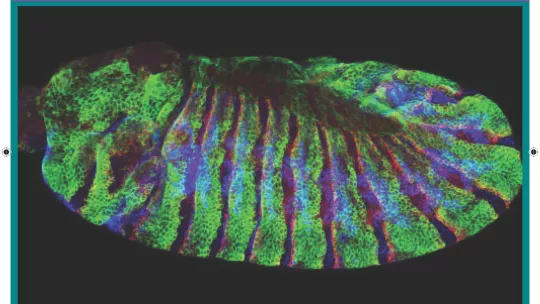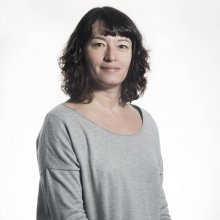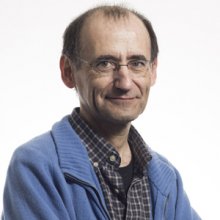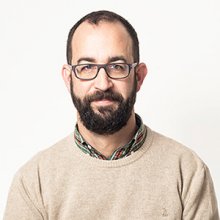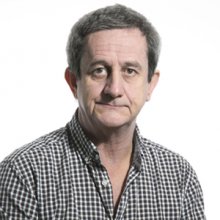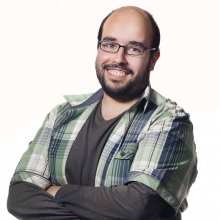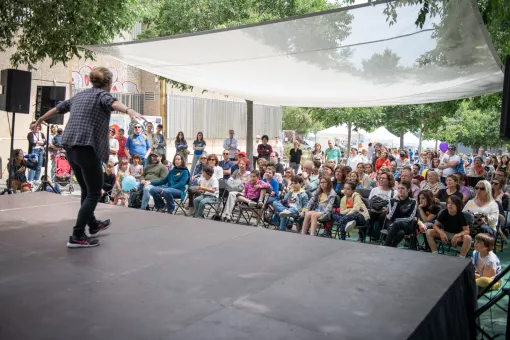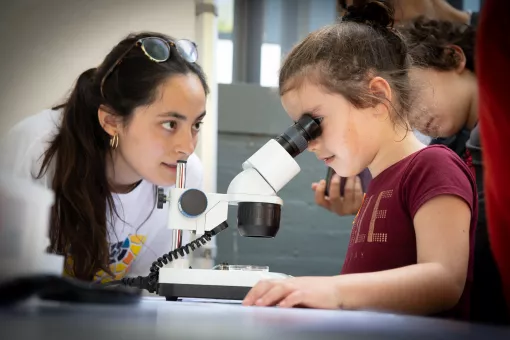Images
This initiative is a practical course on cell biology that aims to improve science teaching in secondary schools.
From Thursday 24 to Saturday 26 November, the Institute for Research in Biomedicine (IRB Barcelona) will host a training course in cell biology at its premises in the Barcelona Science Park for secondary school teachers, with the aim to help them with their science teaching activities. The workshop will involve 24 teachers from schools around Barcelona and is recognized as 20 accredited training hours by the Department of Education of the “Generalitat de Catalunya” (Government of Catalonia). Called “Al Vol” and based on biomedical research using the fly model Drosophila melanogaster, the course will address several topics included in the science curriculum of children aged 12, namely mitosis, cell death, genetic diseases and ethics in animal experimentation.
This initiative provides a singular opportunity to bring together scientists from the most important research centres in Barcelona and teachers from secondary schools in Catalonia in a privileged scientific environment. The aim is to delve into some of the questions raised by biomedical researchers in greater depth and to achieve a practical perspective of the techniques that they use in their day-to-day activities. “If we want an educated society capable of generating wealth, a society that is critical and aware of the value of science, we must promote launch projects that focus on the education that young people receive”, says Joan Guinovart, director of IRB Barcelona. IRB Barcelona aims to offer a similar workshop for secondary school teachers every year.
Science teaching
During the workshop, scientists and teachers will work together to develop and perfect materials and resources that they can put into use in their classrooms. One of the goals is that the two groups establish lasting communication channels and networks that serve as an educational resource once the workshop is over. During the first day, leading developmental biologists will present current general knowledge on Drosophila and will explain why this fly is such an important tool for the study of human health. The second day will concentrate on the specific features of the fruit fly and embryo development. This focus will allow participants to learn the molecular biology techniques that the researchers apply to generate flies with specific characteristics. On the third day, participants will analyze the flies they have “produced” in the laboratory using some modern-day methods, such as advanced digital microscopy and staining techniques.
"Often times it takes years for today's cutting-edge research to trickle down into high school science classes. These courses are a way to build a direct bridge between labs and schools to accelerate this process, and at the same time reinforce a passion for science among teachers who can then transmit this to their students", says Sarah Sherwood, head of Communications and External Relations at IRB Barcelona and promoter of the workshop.
The course is organized by IRB Barcelona and the European Learning Laboratory for the Life Sciences (ELLS-learningLAB), one of the organizations with has a solid trajectory in science teaching in Europe and part of the European Molecular Biology Lab (EMBL), in Germany, the reference centre for biomedical research on the Continent. Every year ELLS selects a member state of the institute in which to give these workshops, which are organized in collaboration with a local biomedical research institute.
Additional Information
Course Programme ON THE FLY: A PRACTICAL COURSE FOR TEACHERS ON DEVELOPMENT IN DROSOPHILA MELANOGASTER
For more information about EMBL’s ELLS Learning Labs, see www.embl.org/ells
About IRB Barcelona
The Institute for Research in Biomedicine (IRB Barcelona) pursues a society free of disease. To this end, it conducts multidisciplinary research of excellence to cure cancer and other diseases linked to ageing. It establishes technology transfer agreements with the pharmaceutical industry and major hospitals to bring research results closer to society, and organises a range of science outreach activities to engage the public in an open dialogue. IRB Barcelona is an international centre that hosts 400 researchers and more than 30 nationalities. Recognised as a Severo Ochoa Centre of Excellence since 2011, IRB Barcelona is a CERCA centre and member of the Barcelona Institute of Science and Technology (BIST).


